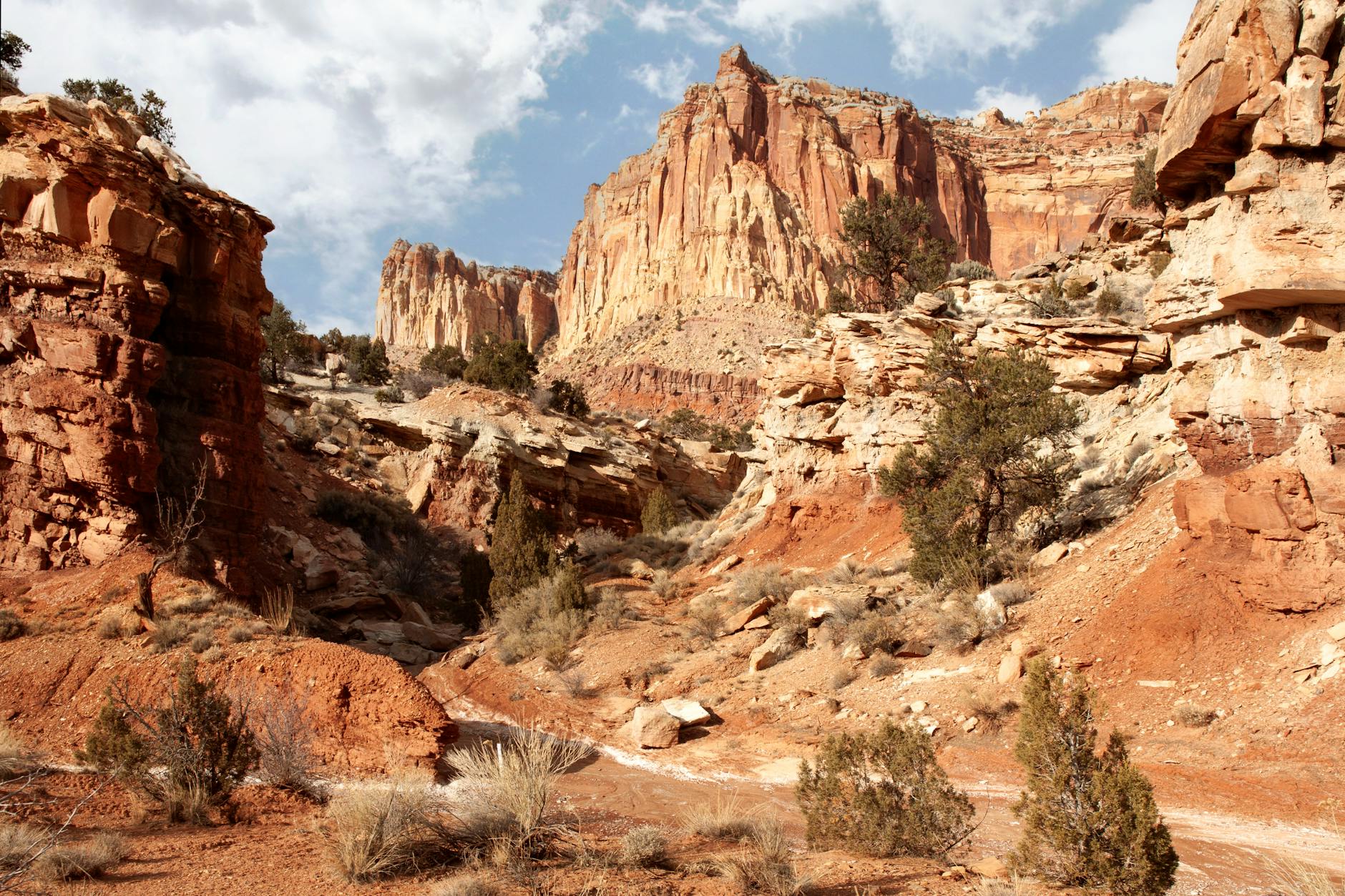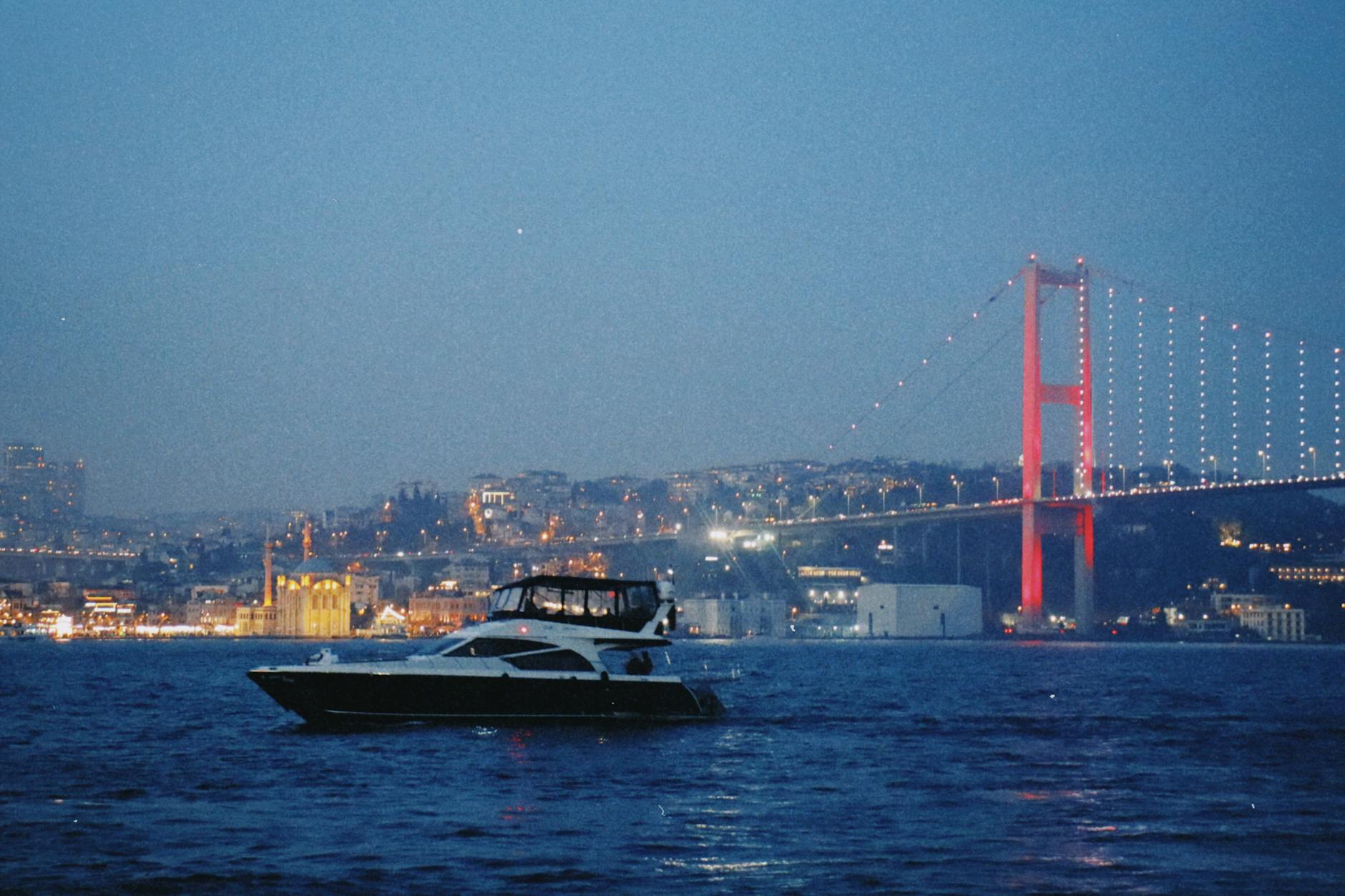How Australian Environmentalists Are Shaping the Future of Responsible Tourism

Environmental Conservation Initiatives
As someone deeply passionate about conservation, I find immense inspiration in the various movements I've encountered throughout my travels. When I think back to my experience at the Royal Botanic Gardens Victoria, I remember feeling a profound connection with nature. One significant initiative I've explored is the growing trend of South America tours focused on sustainability. These tours often emphasise environmental education and the promotion of conservation awareness, which aligns perfectly with my principles.
Travelling more broadly, Antarctica cruises have also piqued my interest. These cruises offer unique perspectives on the remarkable resilience of wildlife amidst climate change. Observing untouched landscapes and diverse species reminds me of fragile ecosystems back home that need our attention. The importance of these protected regions cannot be overstated.
In Tanzania, the concept of a Tanzania safari transcends beyond just an adventurous expedition. It's an opportunity to engage with local communities actively working to protect their heritage and wildlife. Through grassroots movements, these communities have mobilised to preserve their lands and traditions, drawing parallels to our conservation efforts here in Melbourne.
Field experiences have taught me that every initiative has its story, and as advocates, we must strive to narrate these tales through our work. Whether through the preservation efforts at Melbourne Zoo or conservation events at Federation Square, our role as storytellers ensures these causes receive the attention they deserve.
Sustainable Tourism Practices
In Melbourne, conversations about sustainable tourism often start with eco-friendly travel options. It’s exciting to think about the ways tourism can benefit the planet rather than harm it. One option many travellers align with is combining their passion for wildlife with sustainable tourism. I remember a trip to the Royal Botanic Gardens Victoria where I saw firsthand how tourism and environmental conservation can coexist beautifully. Similar to these gardens, South Africa tours offer insightful experiences into preservation practices while showcasing Africa's biodiversity.
Eco-Friendly Travel Options
When it comes to sustainable travel, there's a lot to explore. First, consider low-impact travel methods. Trains and buses usually have a smaller carbon footprint compared to flying. In urban areas, using bicycles or walking are fantastic ways to sightsee while contributing positively to the environment. Accommodation options matter too. Look for eco-friendly hotels that use renewable energy sources and sustainable water management systems.
Community-Based Tourism Projects
Community-based tourism projects are instrumental in sustainable practices. By involving local communities directly, these projects ensure that the benefits of tourism are spread equitably. This participatory model can often be seen within Africa tours where local guides and small businesses are integral to the tourism experience. Such endeavours highlight local cultures and provide economic benefits to the communities. Through engaging with these projects, tourists can enjoy immersive experiences and contribute meaningfully to the local economies.
Case Studies and Success Stories
Indigenous Collaborations in Tourism
In today's travel landscape, the synergy between tourism and Indigenous communities has become a cornerstone for sustainable exploration. A shining example of this collaboration is in Zimbabwe and Botswana. These destinations are remarkable not only for their stunning landscapes and wildlife but also for the pioneering Zimbabwe tours and Botswana tours that have been tailored to include Indigenous perspectives and preserve cultural heritage.
Seeing the conservation efforts at places like the Royal Botanic Gardens Victoria reminds me of how integral local knowledge is to environmental preservation. In Botswana, I've witnessed firsthand how local communities guide tourists through traditional lands, offering authentic experiences while promoting conservation. This approach enriches travelers' understanding and helps protect the habitat that both humans and wildlife depend on.
I remember a particularly enlightening tour led by Indigenous guides in Botswana, who shared not only the history and ecology of the area but also emphasized ongoing conservation initiatives. The success of these tours lies in their ability to educate visitors while respecting Indigenous customs and bolstering the local economy. It’s impressive how these collaborations mirror the conservation programs at the Melbourne Zoo, where efforts are made to involve and benefit local partners in wildlife stewardship. Such initiatives are crucial and reflect a broader commitment to fostering a travel culture that honors both people and planet.
Challenges Faced by Environmentalists
In my journey as an advocate for wildlife conservation, I've encountered numerous challenges that mirror those faced by environmentalists globally. One significant issue is balancing tourism and conservation efforts. Take, for instance, those who participate in Galapagos tours. While tourism supports local economies, it can put pressure on delicate ecosystems. Managing visitor impact without compromising conservation efforts is a delicate dance familiar to many working in conservation.
Policy and regulation hurdles present another layer of complexity. Navigating the intricate landscape of environmental regulations can be daunting. Many projects require balancing interests between governmental bodies and conservationists, which, at times, leaves impactful initiatives stranded in bureaucratic red tape. Such was my experience when engaging with Melbourne Zoo's conservation programs. We tirelessly lobbied for stricter poaching laws to protect Australia's native species.
Another immense challenge is addressing the impact of climate change. From coral bleaching on the Great Barrier Reef to shifting migration patterns, climate change exacerbates existing issues for environmentalists. Many of my peers have voiced concerns about how climate impacts wildlife in Southern Africa, such as the Botswana safari experiences that face unpredictable wildlife patterns.
For those passionate about preserving our planet, these challenges are not deterrents but calls to action. They inspire efforts to create a sustainable future, even when the odds seem insurmountable.
Strategies for Eco-Friendly Travel
Sustainable Travel Planning
Travelling sustainably is about making choices that positively impact the environment. It reminds me of a time in the Royal Botanic Gardens Victoria, where mindful planning taught me more about the harmony between travel and nature. Opt for eco-friendly accommodations like those certified by Eco-tourism Australia, which prioritise conservation efforts and use renewable energy. Consider travelling during off-peak seasons to avoid the strain on resources and reduce carbon emissions. Choose a minimal luggage approach to limit fuel consumption.
Empower Local Conservation Initiatives
A profound experience at the Melbourne Zoo’s conservation programs inspired me to advocate for supporting local efforts. Tourists can contribute by volunteering, donating, or simply spreading awareness about initiatives like those held at Federation Square that protect native species. Participating in local clean-up drives or wildlife events not only enriches your travel but actively contributes to preserving our planet. Ensuring your travel dollars support eco-friendly enterprises helps promote sustainable development in local communities.
Cutting Down on Emissions During Travel
Reducing your carbon footprint is a crucial step for any conscientious traveller. In Australia, choosing public transport or bicycles for short distances not only lessens emissions but also offers a more authentic experience of locales. When flying is unavoidable, consider offsetting your carbon emissions through reputable programs. Reflecting on a personal journey, I always ensure my adventures align with sustainability—be it taking a scenic train ride through the Outback or choosing a hybrid vehicle for road trips. Each small action contributes to the bigger picture of conservation.


